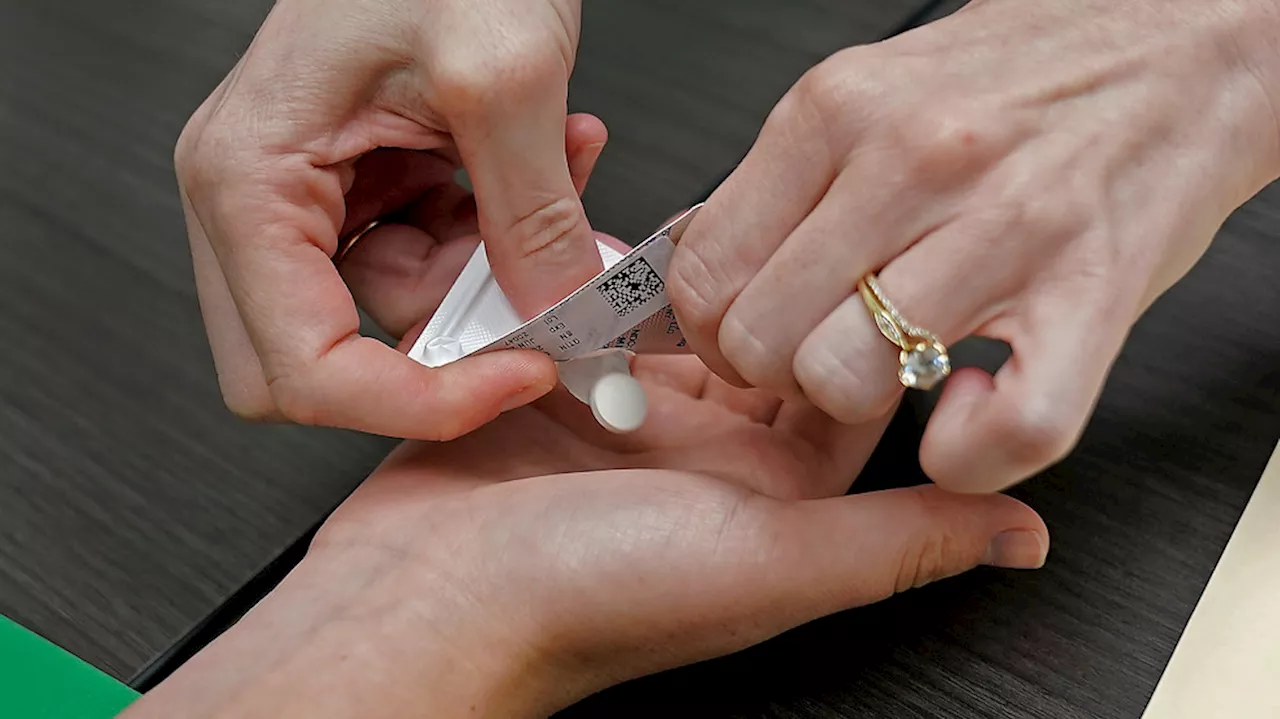Researchers at the University of California have made significant strides in developing a pill that may promote healing in the brain following a stroke or traumatic brain injury. This breakthrough could transform treatment options for millions affected by such conditions. The findings were published in a study funded by the National Institutes of Health (NIH) in March 2024.
The pill, known as NeuroRestore, targets the brain’s natural recovery mechanisms. Preliminary tests on animal models indicate that it enhances the brain’s ability to regenerate neural connections, offering hope for improved recovery outcomes. Currently, treatment options for brain injuries are limited, often focusing on rehabilitation rather than direct healing.
Promising Results from Animal Trials
In laboratory trials, researchers administered NeuroRestore to rats that had experienced induced strokes. Results showed a marked improvement in their cognitive functions and motor skills compared to those that received a placebo. The study highlighted that the pill increased the production of neurotrophic factors, proteins that support the survival and growth of neurons.
Dr. Emily Chen, a lead researcher on the project, emphasized the importance of these results. “This pill could potentially change the way we approach treatment for stroke and brain injuries,” she stated. The implications for human patients could be profound, particularly for those who may not respond well to existing therapies.
Next Steps for Human Trials
The next phase involves conducting clinical trials to evaluate the safety and efficacy of NeuroRestore in humans. Researchers aim to recruit participants who have recently suffered strokes or brain injuries, with the goal of starting trials later in 2024. The Brain Injury Association of America and the Stroke Association are collaborating to help facilitate these trials and raise awareness about the potential impact of this research.
While the road to approval is long, the enthusiasm within the scientific community is palpable. Many researchers see this as a pivotal moment in the ongoing fight against the effects of brain injuries. If successful, NeuroRestore could provide a crucial tool for doctors and patients alike, enhancing recovery and improving quality of life.
As the research progresses, the global medical community will be watching closely. This development not only embodies scientific innovation but also holds the promise of hope for countless individuals navigating the challenges of recovery from strokes and brain injuries.
